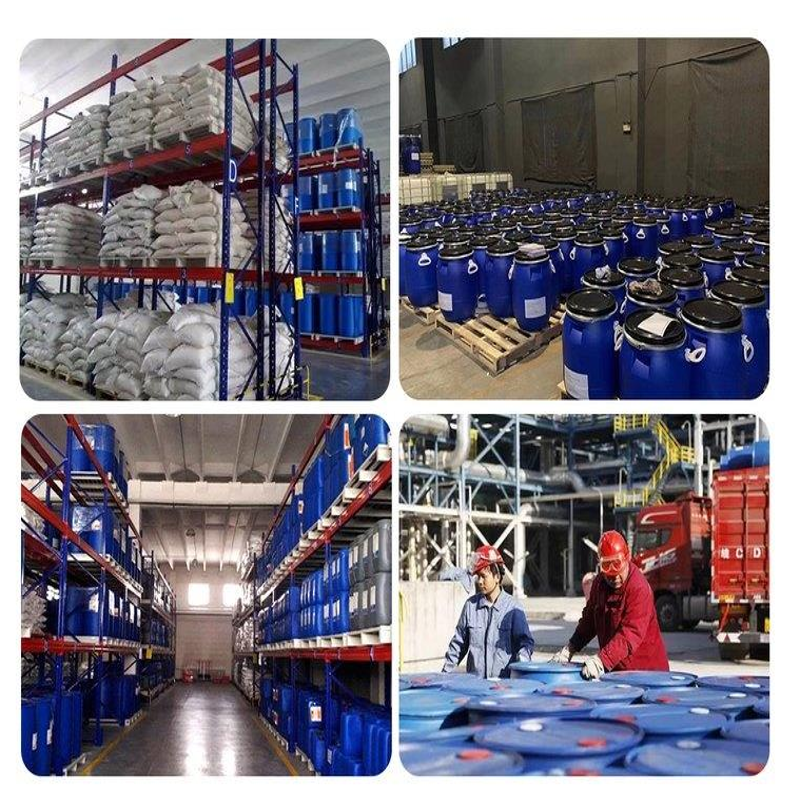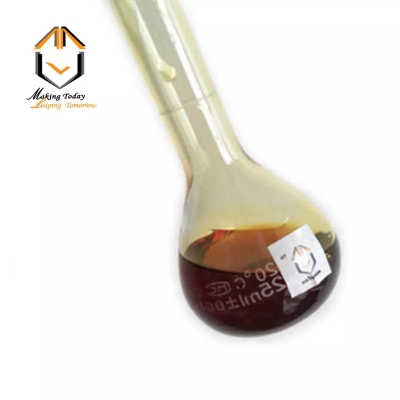-
Categories
-
Pharmaceutical Intermediates
-
Active Pharmaceutical Ingredients
-
Food Additives
- Industrial Coatings
- Agrochemicals
- Dyes and Pigments
- Surfactant
- Flavors and Fragrances
- Chemical Reagents
- Catalyst and Auxiliary
- Natural Products
- Inorganic Chemistry
-
Organic Chemistry
-
Biochemical Engineering
- Analytical Chemistry
-
Cosmetic Ingredient
- Water Treatment Chemical
-
Pharmaceutical Intermediates
Promotion
ECHEMI Mall
Wholesale
Weekly Price
Exhibition
News
-
Trade Service
China Petrochemical News Network reported on May 23, according to oil and gas engineering news, so far, there is no commercial solution to replace fossil gasoline to reduce a large amount of greenhouse gas emissions from traditional gasoline vehicles, without the need to invest in new cars or retrofit old cars.
The European Union recently raised its goal of reducing greenhouse gas emissions by at least 55% by 2030.
Measures are currently being taken to solve this challenge: Compared with fossil fuels, the use of Neste's renewable gasoline can reduce greenhouse gas emissions by up to 65% during the fuel's life cycle.
Carl Nyberg, Executive Vice President of Neste Renewable Road Transport, said: “Using Neste’s renewable gasoline can reduce greenhouse gas emissions by up to 65% compared to fossil gasoline.
Zhu Jiani excerpted and translated from oil and gas engineering
The original text is as follows:
Neste tests renewable gasoline in Sweden
Until now, there have been no commercial drop-in solutions for replacing fossil gasoline to reduce high amounts of greenhouse gas emissions from conventional petrol cars, without investing into new vehicles or modifying the old ones.
The EU recently increased its target for the reduction of the greenhouse gas emissions by at least 55% by 2030.
Steps are now being taken to solve this challenge: with Neste's renewable gasoline, greenhouse gas emissions can be reduced by up to 65% over the fuel's life cycle when compared to fossil fuels.
"With Neste's renewable gasoline, greenhouse gas emissions can be reduced by up to 65% compared to fossil gasoline.







